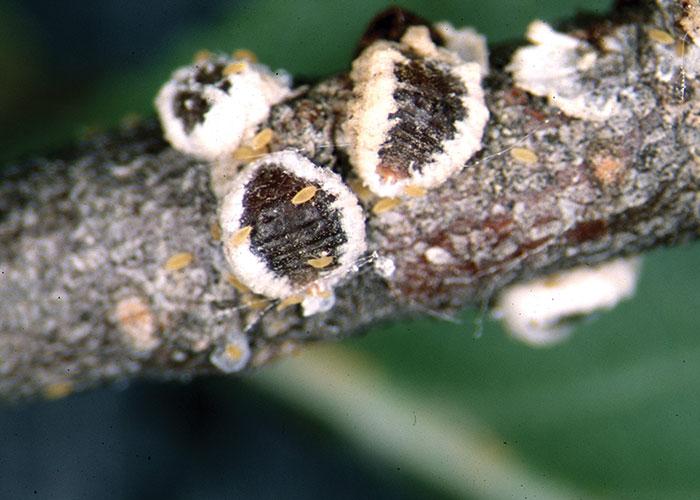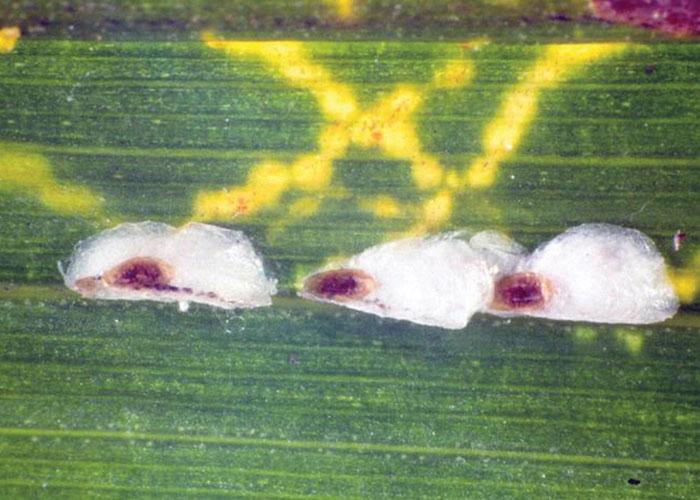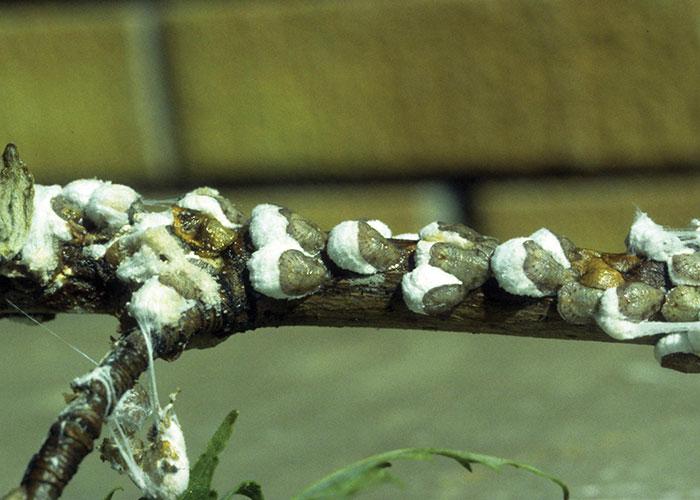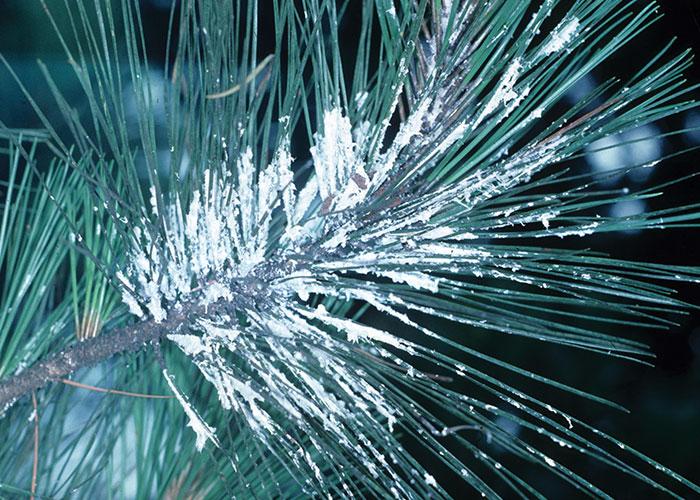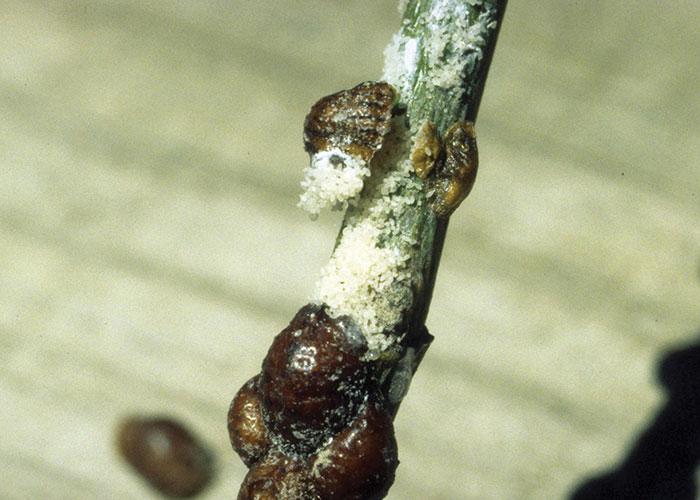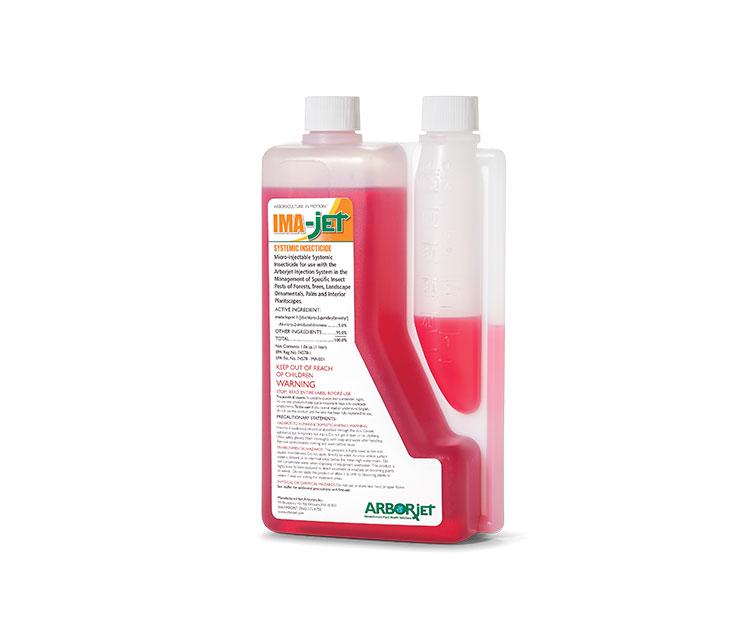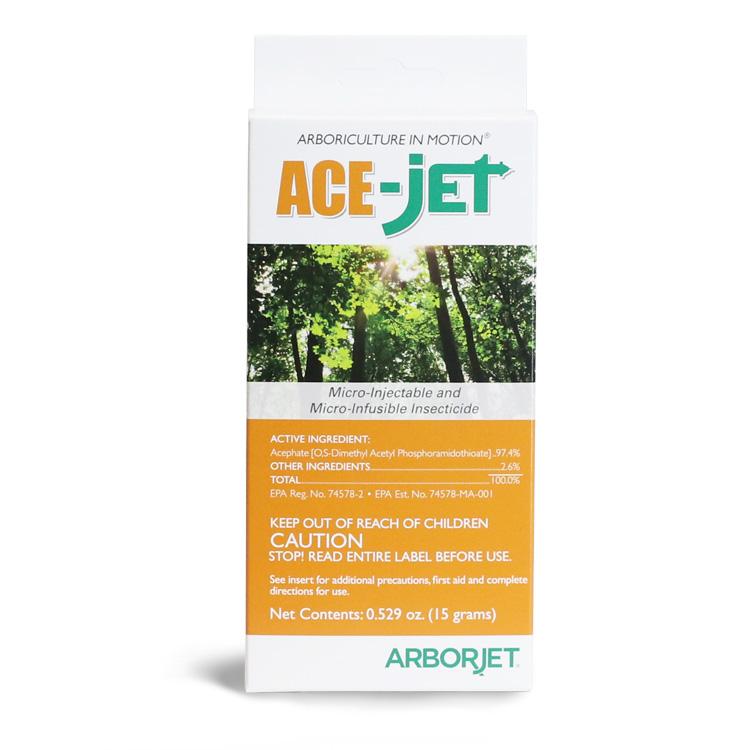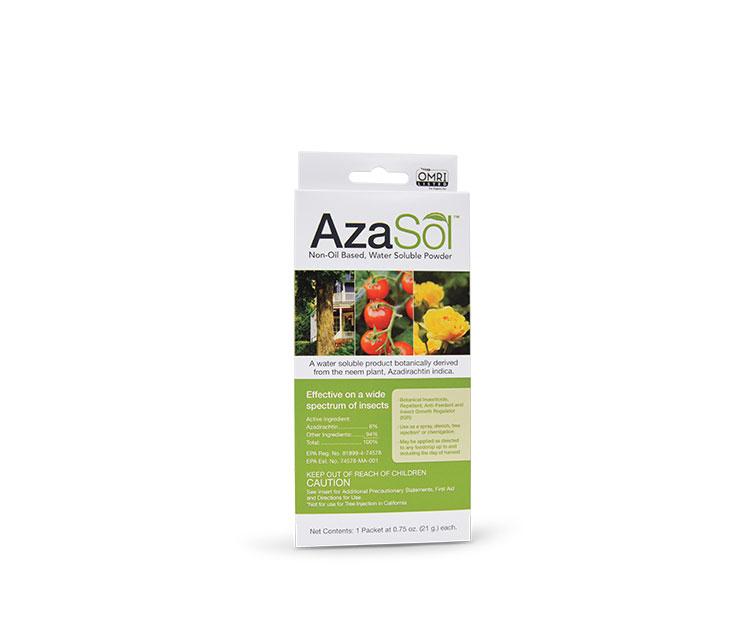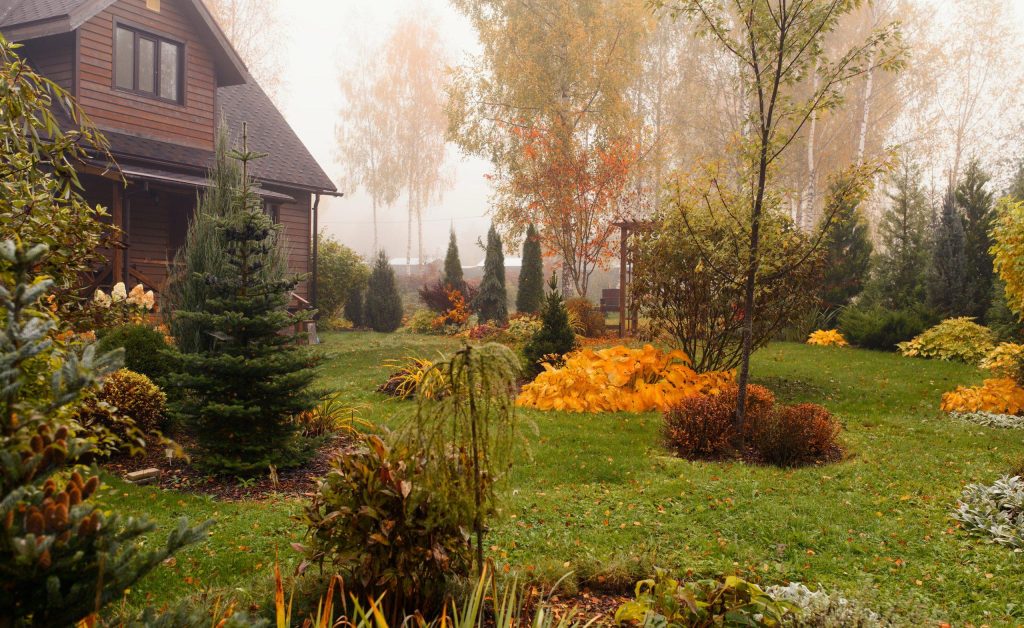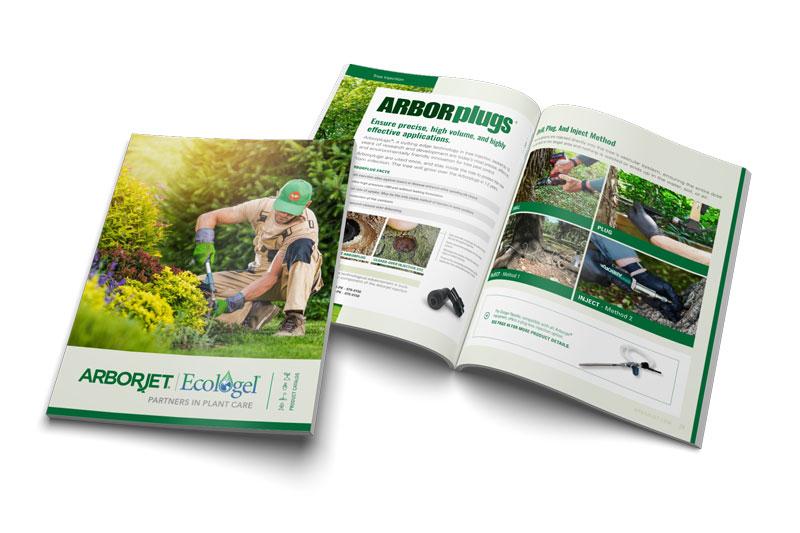Scale Insects
Scale insects are common insect pests on ornamental trees and shrubs in landscapes. They feed, with their tube-like mouthparts, within the vascular system, where nutrients and fluids are transported. Scales rarely kill a plant by themselves but may predispose plants to attack from wood-boring insects or open up wounds that provide entry sites for plant pathogens. There are two types of scale insects: soft scales, otherwise known as bark scales, and hard scales, which are also called armored scales.
Characteristics of soft scales generally include 1) one generation per year; 2) honeydew production; 3) convex in shape or resemble a helmet; 4) high crawler activity; and 5) a protective body wall.
Characteristics of hard scales generally include 1) two or more generations per year; 2) no honeydew production; 3) circular or rounded in shape; 4) lower crawler activity; and 5) separate protective covering.
Common Symptoms
Soft scale insects produce honeydew, a clear sticky liquid that serves as a growing medium for sooty mold fungi. Therefore, plants with soft scale may exhibit black coating on the leaves. The honeydew also may draw ants to the plant, potentially protecting scales from their natural enemies and leading to further outbreak. Canopy damage for both hard and soft scales is highly variable. Symptoms can include water stress discoloring, needle loss, and plant mortality.
Treatments
Trunk injections of systemic insecticides, such as IMA-jet®, or a combination of ACE-jet™ plus AzaSol®, are effective at controlling soft scales, because they are readily distributed throughout the plant’s vascular system to the fluid that the scales feed on. Hard scales are generally more difficult to control; however, ACE-jet plus AzaSol applications do provide acceptable reduction in scale numbers.
References And Photo Credits
Main Photo of European Elm Scale taken by Whitney Cranshaw, Colorado State University, Bugwood.org
False Oleander Scale taken by Jeffrey W. Lotz, Florida Department of Agriculture and Consumer Services, Bugwood.org
Cottony Maple Scales taken by Eugene E. Nelson, Bugwood.org
Woolly pine Scale taken by Lacy L. Hyche, Auburn University, Bugwood.org
Parthenolecanium soft scale taken by Eugene E. Nelson, Bugwood.org

